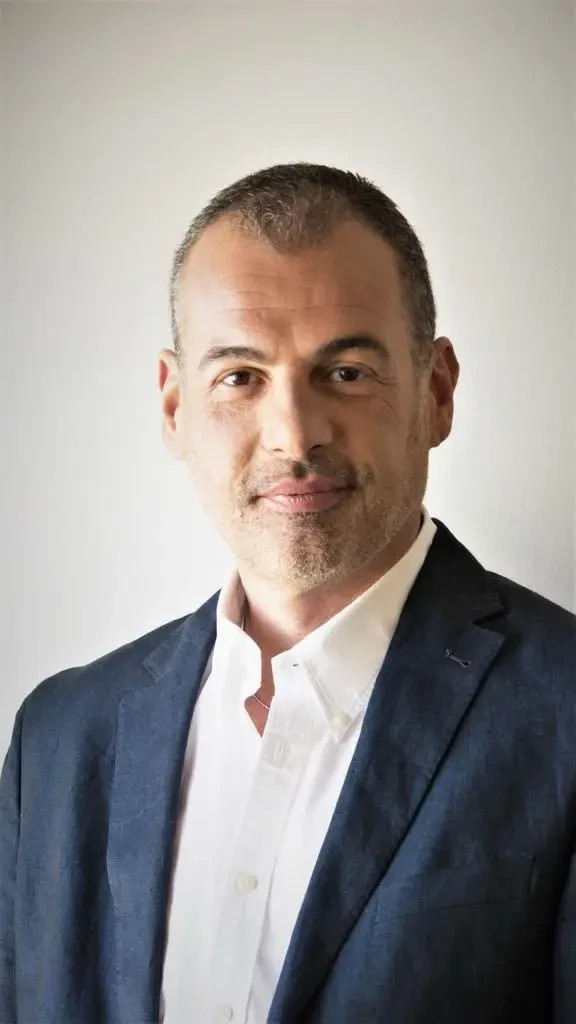Something unusual is happening in Israel's capital. After years of expanding the residential supply and significantly increasing approved building permits, Jerusalem is now leading in all dimensions.
The city has seen a jump from an average of 2,500-3,000 new housing units approved annually in recent years to about 7,000 units in 2023, with expectations of over 8,000 units in 2024. These are building permit approvals only, with market impacts to be felt in 3-4 years when construction is completed and apartments are delivered.
Most new permits result from project approvals within the city's evacuation-reconstruction (Pinui u’Binui) program, mainly replacing hastily built housing from the 1950s and 1960s in outer city neighborhoods with low to medium socio-economic profiles.
"The luxury real estate market in Jerusalem has historically concentrated in the city's old neighborhoods such as Rehavia, Talbiya, Mamilla, the German Colony, and Old Katamon. It is primarily driven by foreign buyers seeking permanent homes in Jerusalem," explains Oren Cohen, CEO and owner of the Oren Cohen Group, which has specialized in Jerusalem's luxury market for 30 years. According to him, unlike previous years when foreign demand was stable and focused on small or medium-sized apartments, there is now a trend change since the start of the Iron Swords War.
"We are seeing a substantial rise in interest from wealthy foreign residents"
"No more small apartments for investment or short-term stays; now it's about permanent homes for entire families," says Cohen. He notes an increasing trend of buyers planning to immigrate to Israel within the next year or two, with many more considering immigration within the next five years. Rising antisemitism in key countries like the USA, Canada, England, and France is a significant factor.

"Since last October, with the start of the Iron Swords War in Gaza, we've seen a notable increase in demand from affluent foreign residents, reflected in more purchases in high-demand areas of Jerusalem," Cohen adds. The number of new projects in these areas is naturally limited, mainly due to historical zoning that restricts evacuation-construction or urban renewal projects. New developments will mostly involve construction on existing buildings or demolition and rebuilding (TAMA 2), economically viable for developers only in high-priced areas.
The supply of luxury apartments in elite city areas has been limited for years and has decreased significantly due to increased purchases. Second-hand apartment prices continue to rise, averaging NIS 50,000-65,000 per square meter, with special apartments reaching NIS 75,000 per square meter or more.
In new projects, there is a marked increase in interest and purchases "on paper." Example include the Hashlosha project in the German Colony, where penthouses sold for an average of NIS 100,000 per square meter and garden apartments for NIS 70,000 per square meter. A prestigious project near Mamilla saw new apartments sold for NIS 55,000-70,000 per square meter and penthouses for NIS 85,000 or more. Another city center project, featuring a swimming pool, spa, luxurious lobby, and high-quality finish, has small apartments selling for NIS 60,000-70,000 per square meter and penthouses for NIS 75,000-85,000 per square meter.
Looking ahead, Cohen concludes, "Predictions are tricky, but several trends influence price projections for the coming years. These include ongoing construction in many projects, natural demographic growth in Israel, increased immigration from the Diaspora, and the lack of efficient and affordable public transportation in major cities, all driving demand and limiting supply."
